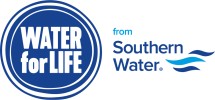Help our native wildlife to thrive by stopping the spread of invasive non-native plants!
Download a free guide here
Plants are vital for our health and environment. They improve air quality, boost our health and wellbeing, help to offer climate change resilience, and provide a home for wildlife. Most of us have plants in our gardens and ponds that are not native – they originally came from other parts of the world and have been introduced to Britain by people.
While these non-native plants can help us to create beautiful ornamental displays to enjoy, if they escape outside the garden some become invasive, harming our wildlife and environment, economy, and even our health and the way we live.
Once established, invasive plants are costly to control and the damage they cause can be irreversible. Pond and aquarium plants can be particularly devastating due to the speed at which they can spread in a natural water body and the impact they can have on important aquatic habitats. Find out more about the impacts of invasive plants.
How can I help protect the environment while enjoying my garden?
We all want to look after the environment and our native wildlife for future generations to enjoy. Be Plant Wise by following our three simple tips:

Know what you grow
Choose the right plants for your garden, pond and water features. Download your free guide to plants to use in place of invasive non-native species.

Stop the spread
Keep your plants in your garden - don't plant them, or allow them to grow, in the wild.

Compost with care
Dispose of your unwanted plants, roots, weeds, seeds, and seed heads responsibly. Find out which invasive plants can't be composted and how to dispose of them safely.
Information for retailers
Retailers can play a really important role by taking simple measures in store to prevent the spread of invasive plants, and helping to educate customers on how they can do this too. Please contact us to order your free Be Plant Wise pack.
Contact us
Get in touch to become a Be Plant Wise partner or order free materials
Since 2017 a group of water companies have been contributing to a project to improve aquatic biosecurity, including funding the Be Plant Wise campaign since it was relaunched in 2020. Find out more about the Aquatic Biosecurity Partnership.











